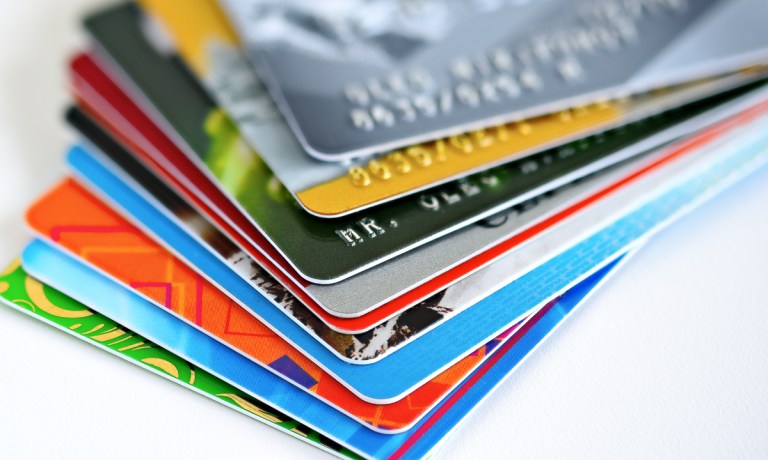Credit Quality Declines as Card Companies Tighten Standards

Last month’s credit card data indicates an ongoing deterioration of credit quality.
That’s according to a report Sunday (Nov. 19) by Seeking Alpha, which says a survey of last month’s card metrics shows the average card delinquency rate slightly below pre-pandemic levels, while the average charge-off rate has climbed above 2019 levels.
“October card results pointed generally towards above-trend higher NCOs (net charge-offs), possibly tied to student loan repayment resumptions and ongoing inflationary/macro exhaustion for the consumer,” Jefferies analyst John Hecht wrote in a note to clients quoted in the report.
Seeking Alpha noted that the total credit card loans on the books at eight lenders added up to about $483 billion, 12% higher than last year. However, some lenders could be tightening credit standards, with JPMorgan Chase, Citigroup, Bank of America and Bread all seeing balances fall since last year.
The report also quoted a note by Wolfe Research’s Bill Carcache, who said he is examining unemployment data for more insights into credit card trends.
“We continue to believe that credit card stocks are unlikely to trough until initial claims peak, and our analysis suggests that initial claims are unlikely to peak until ~12 months after peak fed funds, suggesting the lagged effects of hikes to date may continue to induce labor market softness through most of 2024 despite the strength to date,” Carcache wrote.
Earlier this month, the Federal Reserve Bank of New York issued a report showing that credit card balances jumped by $154 billion — to $1.08 trillion — since 2022, the largest increase since the bank began monitoring the data in 1999.
“Credit card balances experienced a large jump in the third quarter, consistent with strong consumer spending and real GDP growth,” Donghoon Lee, economic research adviser at the New York Fed, said in a news release.
“The continued rise in credit card delinquency rates is broad-based across area income and region, but particularly pronounced among millennials and those with auto loans or student loans,” Lee added.
The past few months have seen American consumers become increasingly reliant on credit cards to manage their finances in the face of rising prices on bill payments.
In addition, cardholders are looking for credit cards that provide rewards and financial management features to weather the economic turbulence, as inflation takes a toll on their income and purchasing power.
According to “Credit Card Use During Economic Turbulence,” PYMNTS Intelligence and Elan collaboration, one-third of cardholders have increased the share of their expenses paid by credit cards prior to the study, while just 15% have cut back on their credit card spending.
“This surge in credit card usage is driven by the combination of higher costs and reductions in income, with more consumers turning to credit cards as a means to maintain their financial stability,” PYMNTS wrote last week.